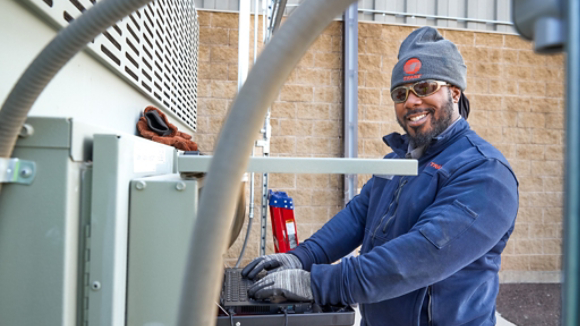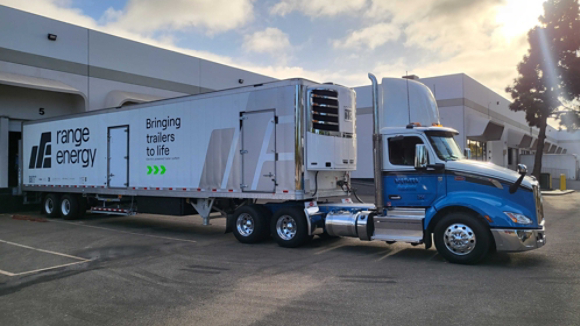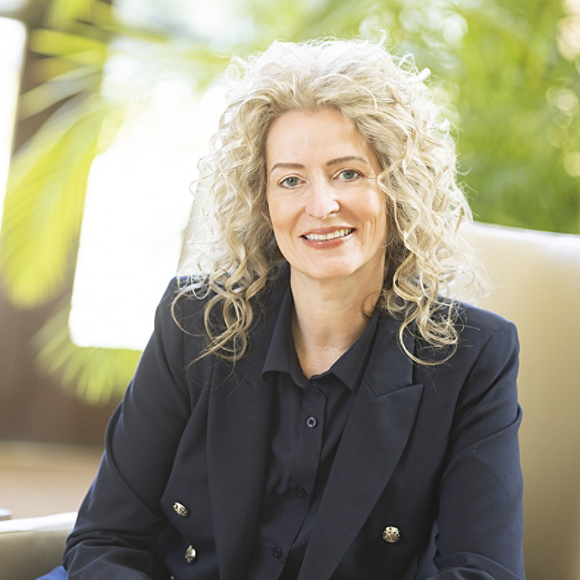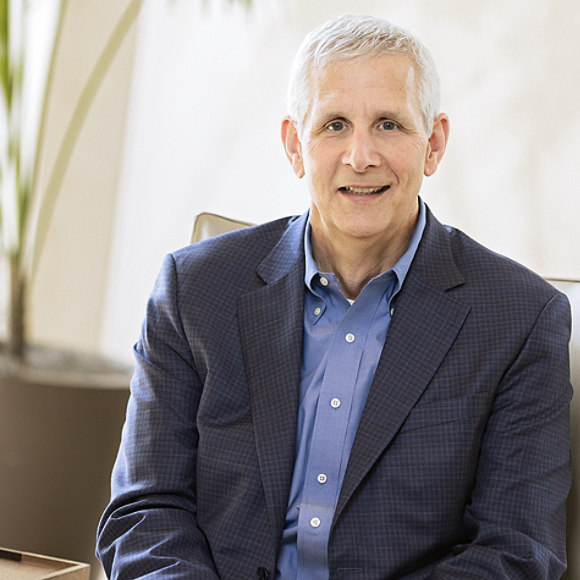May 02, 2025
Innovating for Impact: Thermal Management Improves HVAC System Sustainability for Global Healthcare Company
When Organon, a global pharmaceutical company focused on women's health, sought a heating and cooling solution to meet their 2035 net zero goals, they found the answer with Trane.
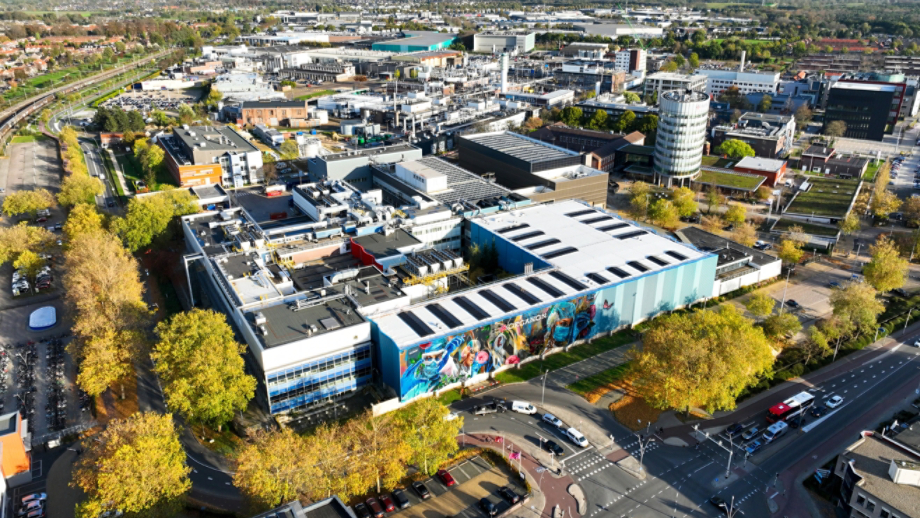
We’re helping solve our customers’ big challenges by innovating and delivering solutions that are better for their business and for the environment. Through our Gigaton Challenge, we aim to reduce 1 gigaton of GHG emissions from our customers’ footprints by 2030.

Project At-a-Glance:
The opportunity:
- Help a global pharmaceutical company that specializes in women’s health to meet their decarbonization goals while realizing significant energy savings
The solution:
- Transitioned largest production facility in Netherlands to thermal management system with heat recovery
HVAC system sustainability outcomes:
- Energy savings of 7,700 gigajoules per year, the equivalent of nearly 243,000 cubic meters of gas annually
Organon is a global pharmaceutical company focused on women's health. In 2024, the company took decisive steps toward their goal of carbon neutrality by 2035. Among them, a sustainable heat pump-based heating and cooling solution. For that job, they called Trane.
A global health company committed to sustainability
Organon, a 10,000-employee company, maintains facilities in some 60 nations and supports customers in more than 140 countries. Their largest production site is located in the city of Oss in the Netherlands. A sprawling multi-building facility, the factory employs more than 1,200 people. Organon’s objective is to transition operations away from natural gas and create a sustainable, climate-neutral installation.
"We’d had a successful relationship with Trane for years,” said Rimko Jansen, Project Engineer HVAC at Organon. “The service is good, and we’d recently experienced their efficient rental capabilities. Moreover, Trane heat pumps are one of the most energy-efficient options available on the market."
Electrification of heat saves energy
Replacing the facility’s fossil fuel boilers is a priority for improving its HVAC system sustainability. Trane proposed a thermal management solution based on decentralized heat pumps.
Phase one focused on Organon’s main production building in the Netherlands. Originally, the facility was heated by four boilers with a total capacity of 8,000 kilowatts. Fifteen large Trane RTUD chillers were required for the building’s cooling needs, mainly to cool compressed air for the production process.
Trane expanded the existing infrastructure with two Trane City RTSF 070 water-to-water heat pumps. In addition to meeting the factory’s production needs, the unit would provide year-round cooling and heating (heat was needed in the summer for dehumidification purposes). The RTSF units would also provide reinforcement for the building’s central heating network.
"Traditionally, we've used chillers for the cooled compressed air needed in production,” said Jansen.
Together with Trane, we explored the most sustainable solutions. This led us to the RTSF water-to-water heat pumps. They are a highly efficient way of recovering energy. They provide 24/7 cooling and heating, resulting in significant energy savings.
Rimko Jansen
Project Engineer HVAC at Organon
Expanding electrification
The project's second phase involved renovating the facility’s heat-cold storage (HCS) unit, located in a separate building on the site. As it happened, Organon needed a temporary heating solution to keep the offices in the HCS building warm that winter. Eager to test the viability of a heat pump as a long-term solution for the HCS, the Organon team decided to rent a CXAF heat pump as a short-term fix.
“We could simply have rented a boiler for our temporary heating needs, but we wanted to demonstrate through a practical test that we could switch to a heat pump,” said Jansen. ”With the rented Trane heat pump, we proved that we could indeed heat the office building in winter with an air-to-water heat pump. This gave us the confidence to invest in a CXAF."
By winter’s end the CXAF 100 proved its worth, supplying ample heat to the building’s air handling units. Satisfied with the results, Organon placed an order for a larger CXAF model, which was delivered and will be installed in mid-2025.

Sustainable results
The two RTSF water-to-water heat pumps in the production building are saving Organon approximately 4,000 gigajoules (GJ) of electricity per year. The Trane City RTSF 070 water-to-water heat pump at the HCS is further saving roughly 3,680 GJ of energy per year.
“With the three new Trane heat pumps we are saving nearly 7,700 gigajoules, per year,” said Jansen. “That's equivalent to nearly 243,000 cubic meters of gas per year. These installations represent just the initial steps of our sustainability journey."
As a next step, Organon is developing a roadmap to help them reduce their reliance on gas. They are also in the process of adjusting their air handling units to better accommodate low-temperature heating.
"We collaborate with Trane and other partners to assess the unique requirements of each building,” said Jansen. “This involves evaluating the specific needs for production, comfort and required temperatures. It is an ongoing endeavor that involves careful analysis and collaboration to ensure optimal solutions for each situation."
Topic Tags

 English
English


